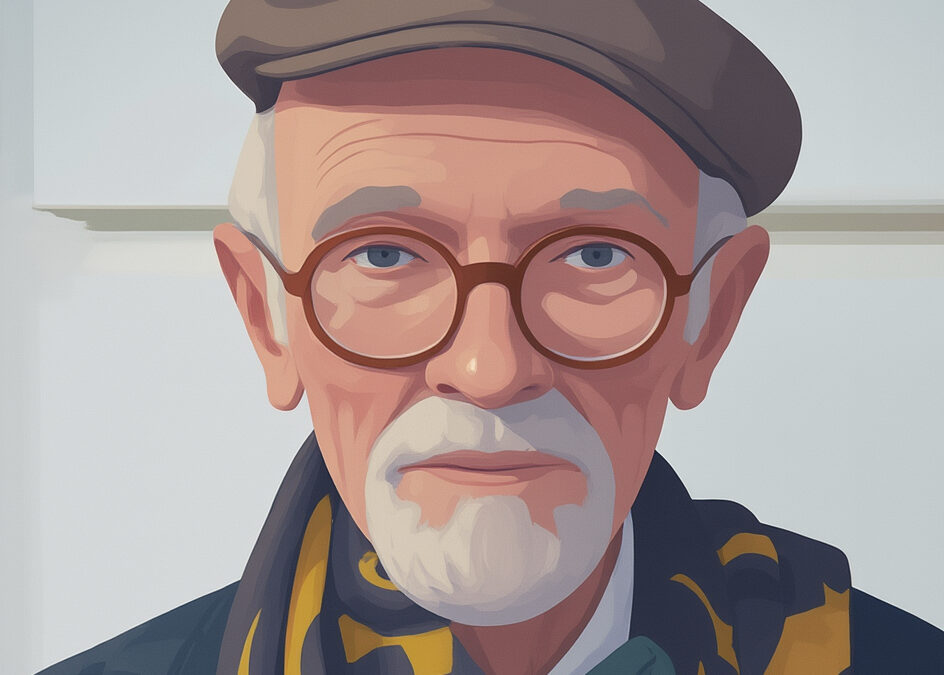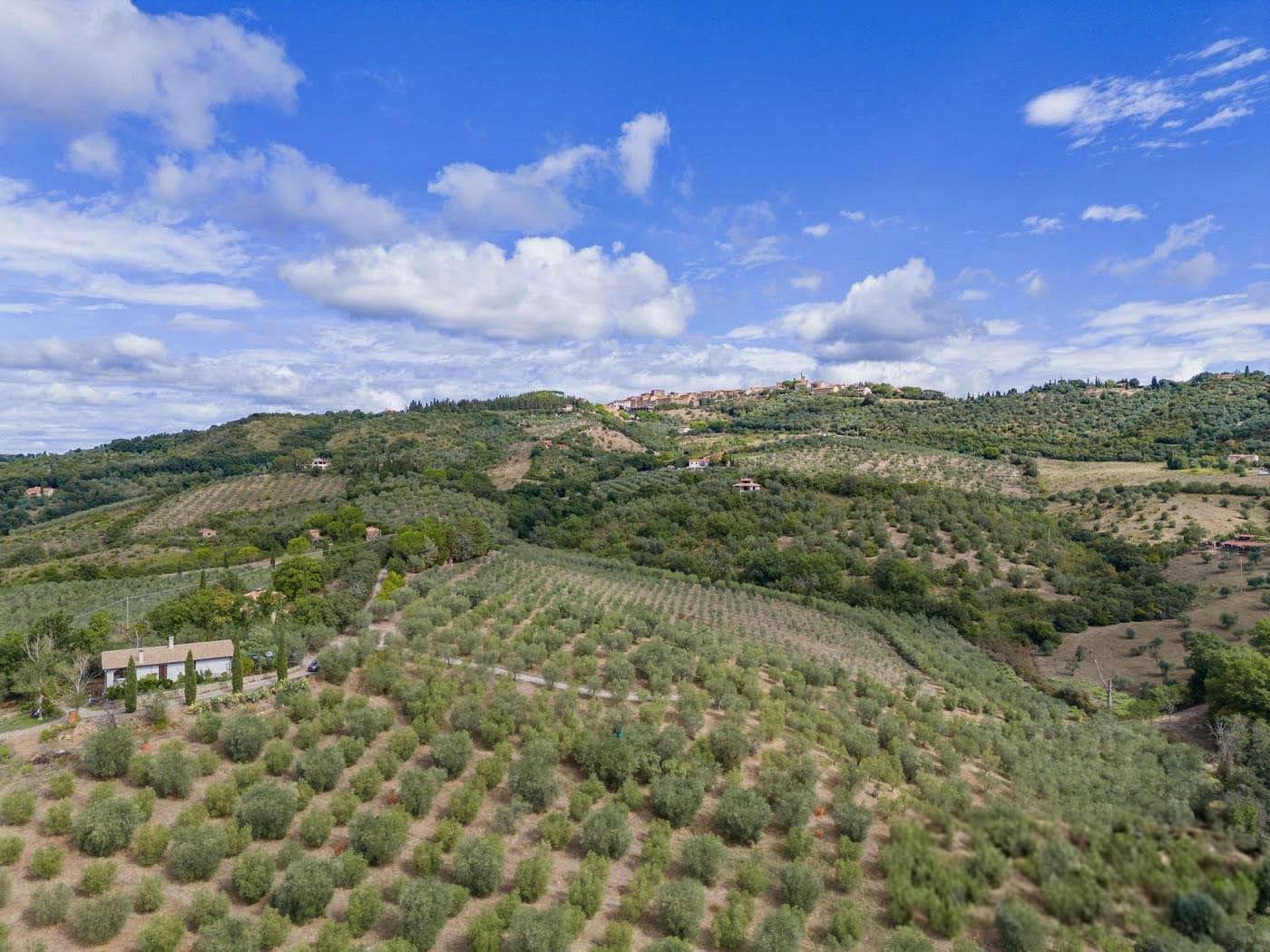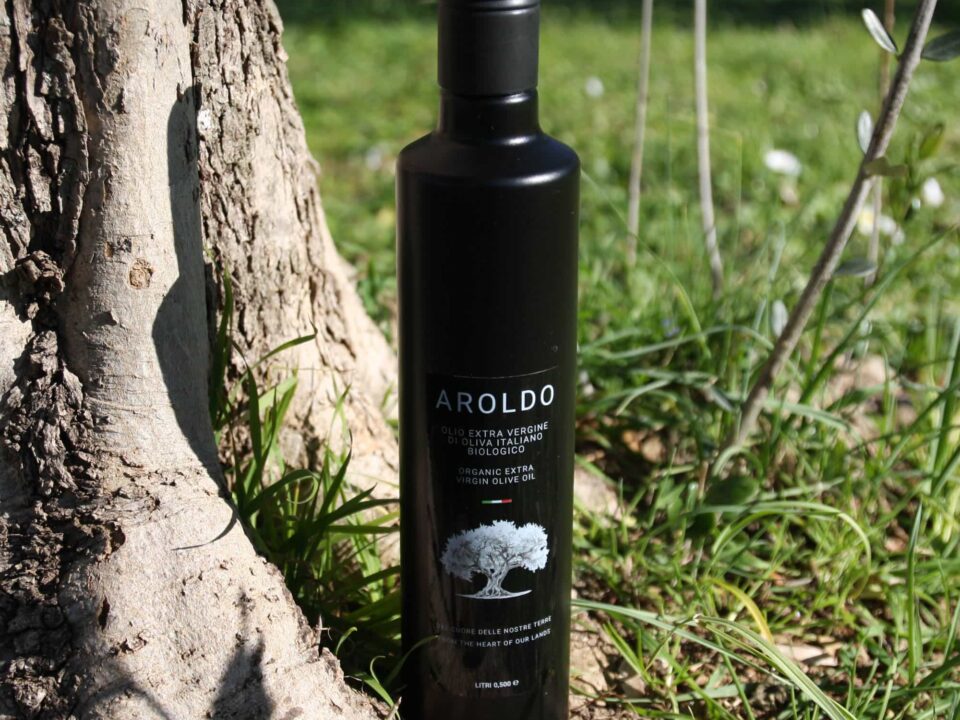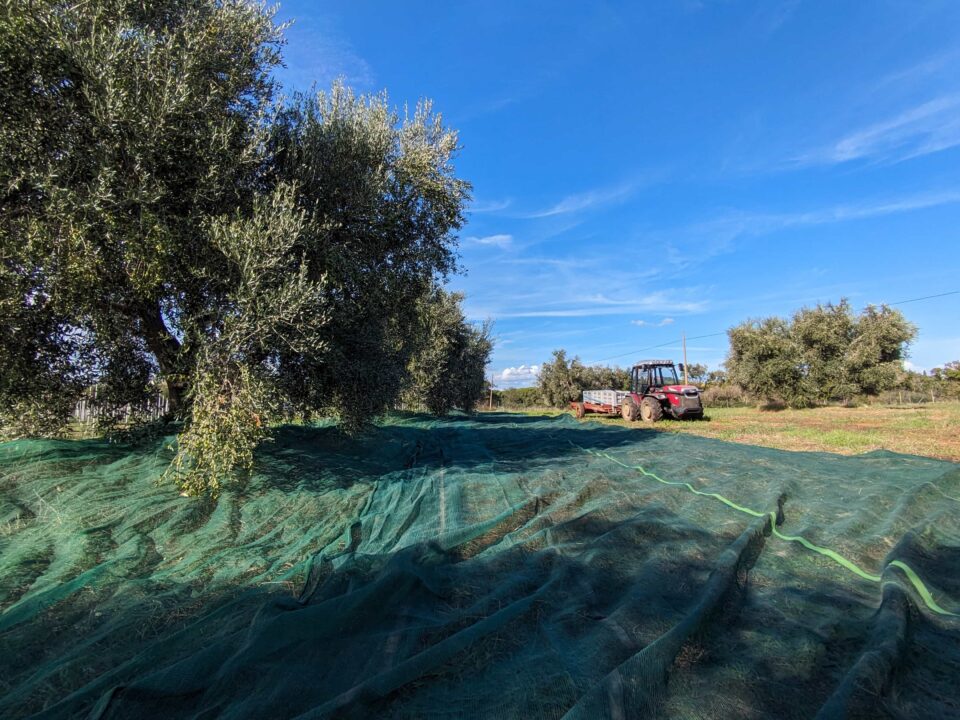Franco Berrino: Extra virgin olive oil is a life-saver — but only if it’s high quality

During an interview with L'Arena di Verona ahead of the Torri del Benaco City Award ceremony, scheduled for October 8th, Professor Franco Berrino spoke with the serenity and strength of one who knows that health also depends on simple choices, noting that just ten grams of extra virgin olive oil per day is enough to reduce overall mortality by 10%. But his interview didn't stop at numbers: he highlighted how Italians often fail to distinguish quality oil, falling into the trap of the lowest price.
Berrino exposed the bitter truth: when oil is sold at prices that are too low compared to what the "true" production process requires—timely harvesting, cold pressing, quality criteria, and proper storage—it's likely that the product has been "cut," blended, or improperly stored. In essence, a bargain-priced oil is rarely authentic extra virgin, or at least not with the protective properties attributed to quality olive oil. A quality oil can't cost less than 12 or 13 euros per liter. An organic olive oil should cost as much as 15 euros per liter.
A central idea emerges from Berrino's story: it's not enough to use oil every day; you also need to choose it carefully. Extra virgin olive oil, if authentic, is rich in antioxidants, polyphenols, and anti-inflammatory substances that can help reduce cardiovascular risk, diabetes, and perhaps even some cancers. But these virtues are preserved only if the product is genuine, cultivated, and processed with care—which comes at a cost. When an oil is priced too low, questions arise: sacrificed quality? Inadequate storage? Blends with inferior oils?
Thus, for those who want to use extra virgin olive oil as a daily preventive tool, the message is twofold:
Consume oil regularly (even 10–30 grams per day), as studies—cited by Berrino and extensive scientific literature—show that regular use reduces mortality and cardiovascular disease.
Don't chase the lowest price: choose oils with transparent labels that declare the origin, cultivar, harvest date, and production method. A truly "life-saving" extra virgin olive oil costs more because there's real work behind it.
Professor Berrino thus delivered a lesson that goes beyond numbers: it's an invitation to look at the oil we put on our table more consciously—not as a mere expense, but as an investment in our health.




